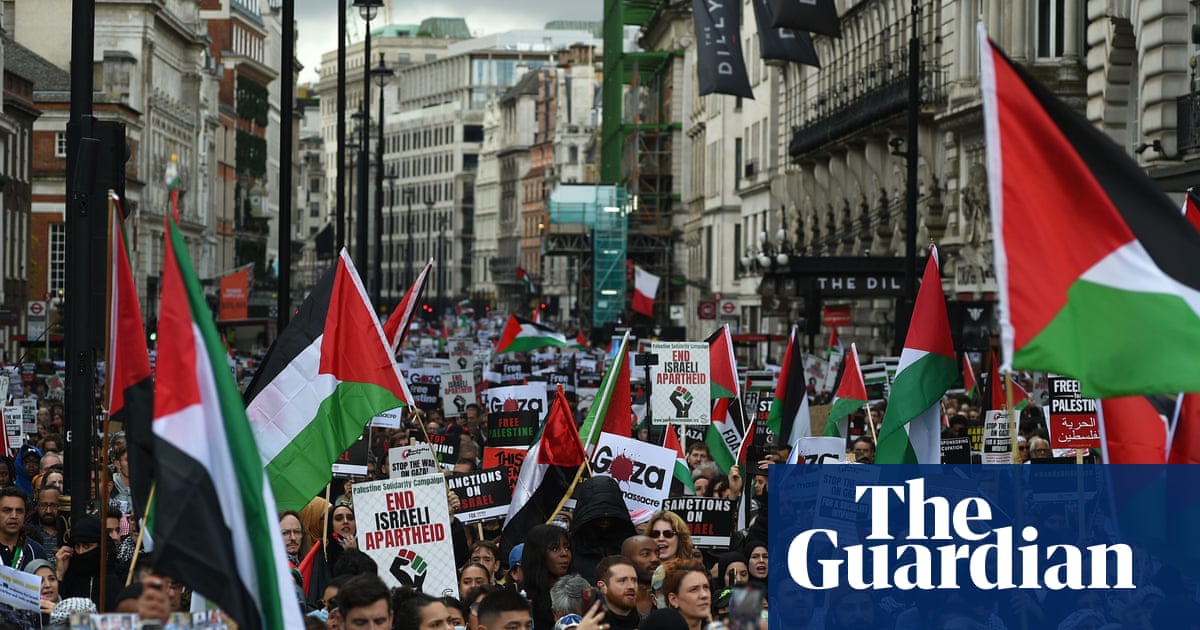
UK counter-terrorism police are searching for clues into an attack that left two people dead and three injured near London Bridge.
Police said Saturday a man imprisoned six years for terrorism offenses before his release last year stabbed several people on Friday before being tackled by members of the public and shot dead by officers on the bridge.
Neil Basu, London’s police counter-terrorism chief, said 28-year-old Usman Khan was attending a program that works to educate prisoners when he launched the attack.
He killed a man and a woman and injured three others just yards from the site of a deadly 2017 van and knife rampage.
Health officials said one of the injured was in critical but stable condition, one was stable and the third had less serious injuries.
The attack raises difficult questions for Britain’s government and security services. Police said Khan was convicted in 2012 of terrorism offenses and released in December 2018 “on license,” which means he had to meet certain conditions or face recall to prison. Several British media outlets reported that he was wearing an electronic ankle bracelet.
Prime Minister Boris Johnson said he had "long argued" that it was a "mistake to allow serious and violent criminals to come out of prison early.”
"It is very important that we get out of that habit and that we enforce the appropriate sentences for dangerous criminals, especially for terrorists, that I think the public will want to see,” he said.
Johnson, who chaired a meeting of the government’s COBRA emergency committee late Friday, said more police would be patrolling the streets in the coming days “for reassurance purposes.”
Police said they were treating the stabbings as a terrorist attack and were not actively looking for any other suspects.
The violence erupted less than two weeks before Britain holds a national election December 12. The main political parties temporarily suspended campaigning in London as a mark of respect.
Metropolitan Police Chief Cressida Dick said officers were called just before 2 pm to Fishmongers’ Hall, a conference venue at the north end of London Bridge. The pedestrian and vehicle bridge links the city’s business district with the south bank of the River Thames.
Learning Together, a Cambridge University-backed prison education program, was holding a conference there Friday. Cambridge Vice Chancellor Stephen Toope said he was “devastated to learn that todays hateful attack on London Bridge may have been targeted at staff, students and alumni attending an event organized by the University of Cambridges Institute of Criminology.”
Minutes after the stabbings, witnesses saw a man with a knife being wrestled to the ground by members of the public on the bridge before officers shot him dead.
Video images showed people spraying the fleeing suspect with a fire extinguisher, while another passer-by held what appeared to be a long white stick.
One video posted on social media showed two men struggling on the bridge before police pulled a man in civilian clothes off a black-clad man on the ground. Gunshots followed. Another depicted a man in suit and overcoat holding a long knife that apparently had been taken from the attacker.
Police confirmed that the assailant died at the scene.
Mayor Sadiq Khan praised the “breathtaking heroism of members of the public who literally ran towards danger not knowing what confronted him.”
London Bridge station, one of the city’s busiest rail hubs, was closed for several hours after the attack.
Political leaders expressed shock and sorrow at Friday’s attack.
“We will not be cowed by those who threaten us,” Labor Party leader Jeremy Corbyn said. “We must and we will stand together to reject hatred and division."
Security officials earlier this month downgraded Britains terrorism threat level from "severe" to "substantial," which means an attack is seen as "likely" rather than "highly likely." The assessment was made by the Joint Terrorism Analysis Center, an independent expert body that evaluates intelligence, terrorist capability and intentions.
The UKs terror threat was last listed as "substantial" in August 2014; since then it has held steady at "severe," briefly rising to "critical" in May and September 2017.











